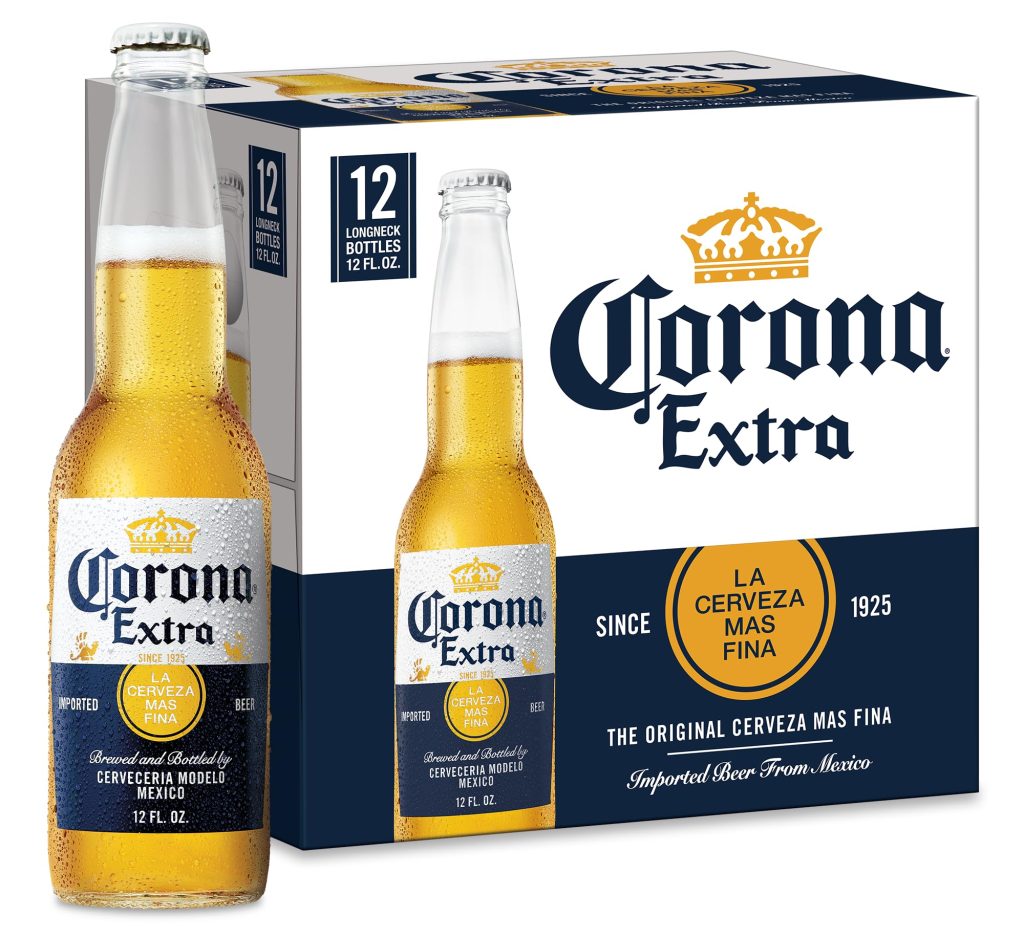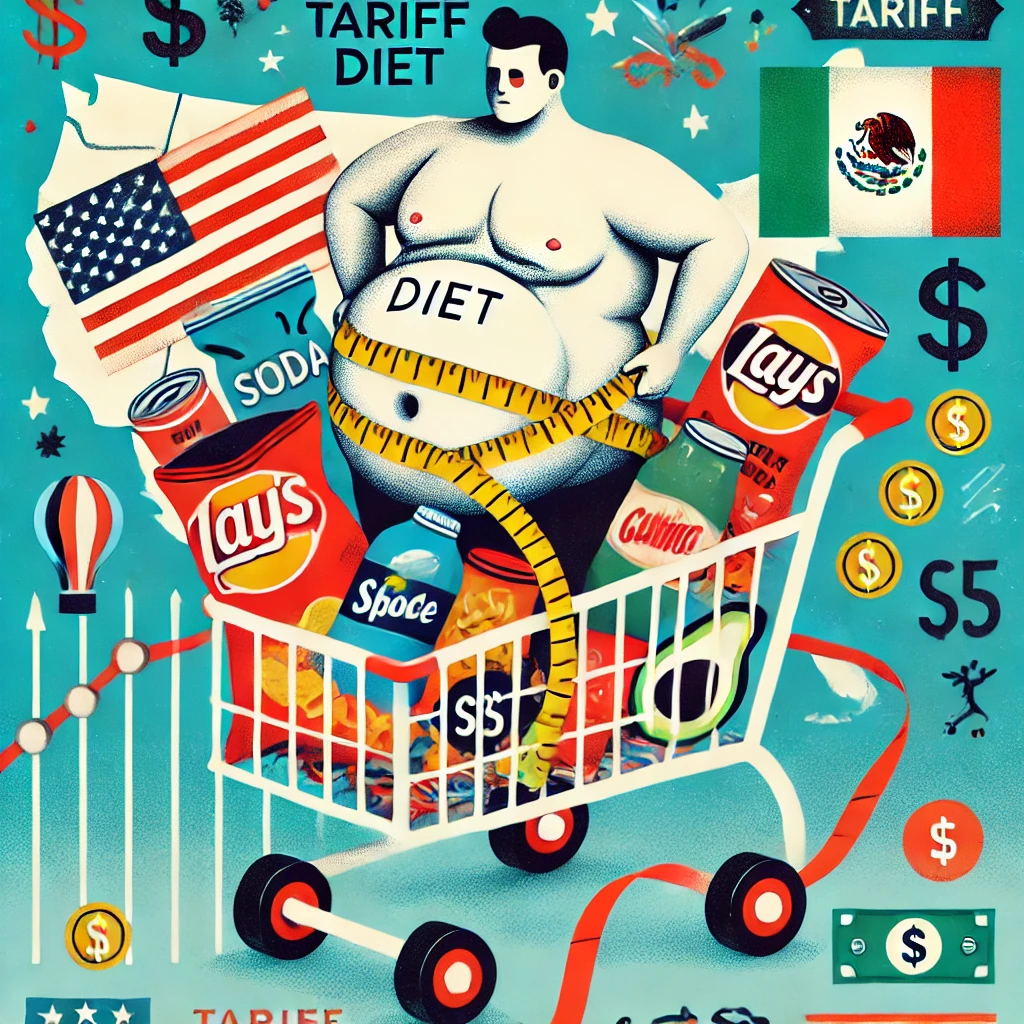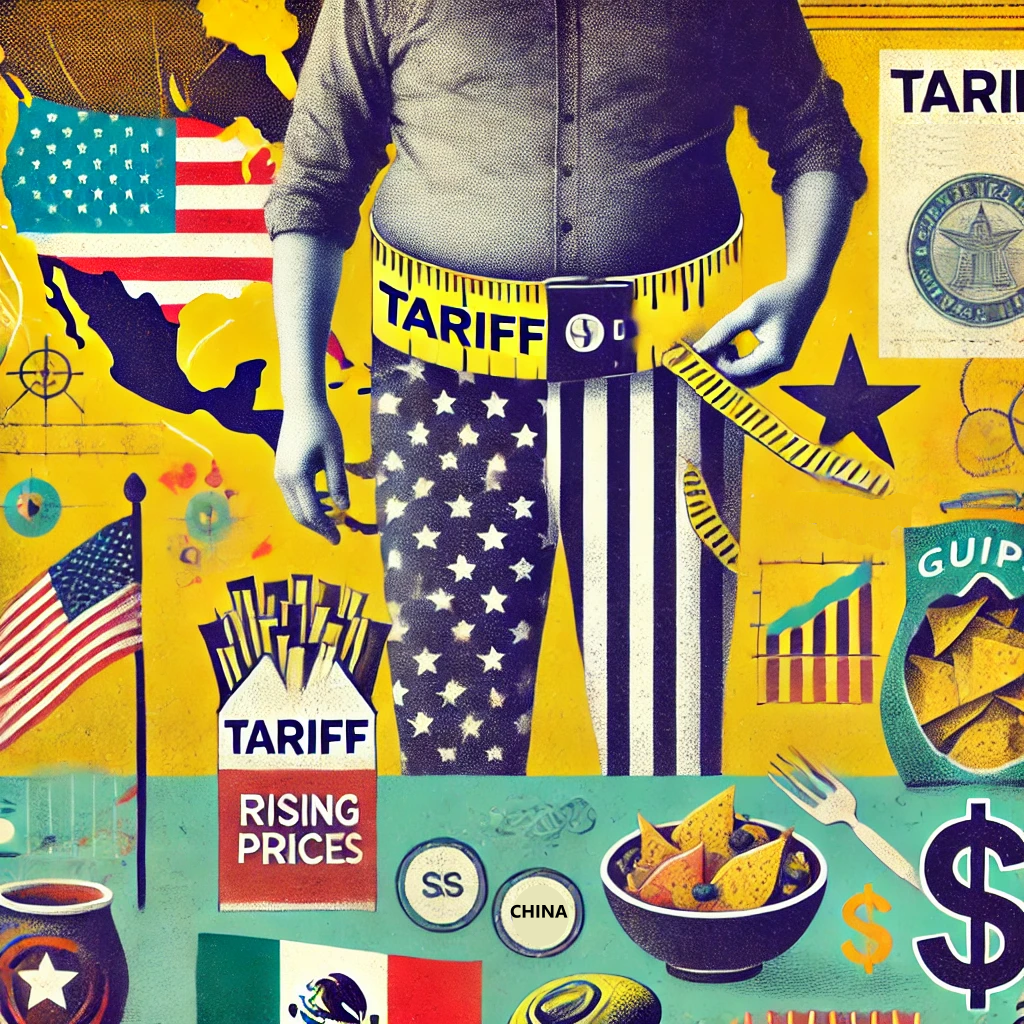Forget trendy diets and expensive gym memberships—tariffs on Mexico and China might be the new weight-loss solution for millions of Americans. With the potential for higher prices on everything from tortilla chips to household essentials, some favorite indulgences could become luxuries, forcing a nationwide cutback on high-calorie processed foods.

Take snacks, for instance. Frito-Lay, the company behind brands like Doritos, Cheetos, and Tostitos, manufactures many of its products in Mexico or relies on ingredients imported from there. With tariffs driving up costs, your party-sized bag of chips might start to feel more like a splurge than a staple. And let’s not forget Sabritas, Frito-Lay’s Mexican counterpart, which brings unique snack flavors to the U.S. Cutting down on your chip intake isn’t just good for your wallet—it’s good for your waistline, too.

The avocado crisis could be even more devastating. Mexico supplies 80% of the avocados consumed in the U.S., which means guacamole—whether homemade or from brands like Wholly Guacamole—could see dramatic price hikes. That extra charge for guac at Chipotle might start to feel downright extortionate. Fewer avocados mean fewer calories, but also fewer happy taco nights.

And don’t forget about beer. Brands like Modelo, Corona, and Pacifico, imported by Constellation Brands, dominate U.S. shelves but are brewed in Mexico. With tariffs making them pricier, that second (or third) beer might not make it into your shopping cart. Less beer means fewer carbs, so thanks, tariffs?

Tariffs on China could hit your favorite convenience foods. Many frozen meals, snacks, and prepackaged goods from brands like Lean Cuisine, Banquet, and Stouffer’s rely on Chinese-sourced ingredients or manufacturing. If a box of frozen orange chicken suddenly costs the same as takeout, you might decide to skip it altogether. Even gadgets like air fryers and rice cookers—essential for quick and calorie-conscious meals—will likely cost more, discouraging their use in preparing indulgent snacks.

The ripple effects don’t stop at food. Higher tariffs on Chinese-made goods mean price hikes for items like Samsung electronics, Levi’s jeans, and Colgate toothpaste. With tariffs on Canadian wood pulp, even toilet paper will go up in price. With less money left for impulse buys, that late-night pizza delivery might become a thing of the past. Cutting back on fast food, beer, and snacks sounds like a weight-loss plan, doesn’t it?

Critics of the so-called “Tariff Diet” might argue that skyrocketing prices aren’t an equitable way to promote healthier eating habits. After all, it’s not as if kale and quinoa are suddenly going to be cheaper. But proponents might point out that fewer processed snacks and sugary drinks from brands like Coca-Cola and PepsiCo could help combat obesity rates. I would be amiss if I didn’t mention that with less competition from foreign imports US based companies can raise prices to increase their dividend payments.

As tariffs on Mexico and China reshape the economy, they might also reshape Americans’ diets—whether we like it or not. Sure, you might miss guacamole or that late-night bowl of Doritos, but at least your jeans might fit a little better (Even if they cost a bit more). Just don’t forget to thank your government for the unintended calorie deficit. Trade wars may shrink more than your wallet—they might shrink your waistline too. The one bright spot is that home gardening may make a strong comeback as food prices continue to climb. Always try to look on the Brightside, you’ll sleep better.





